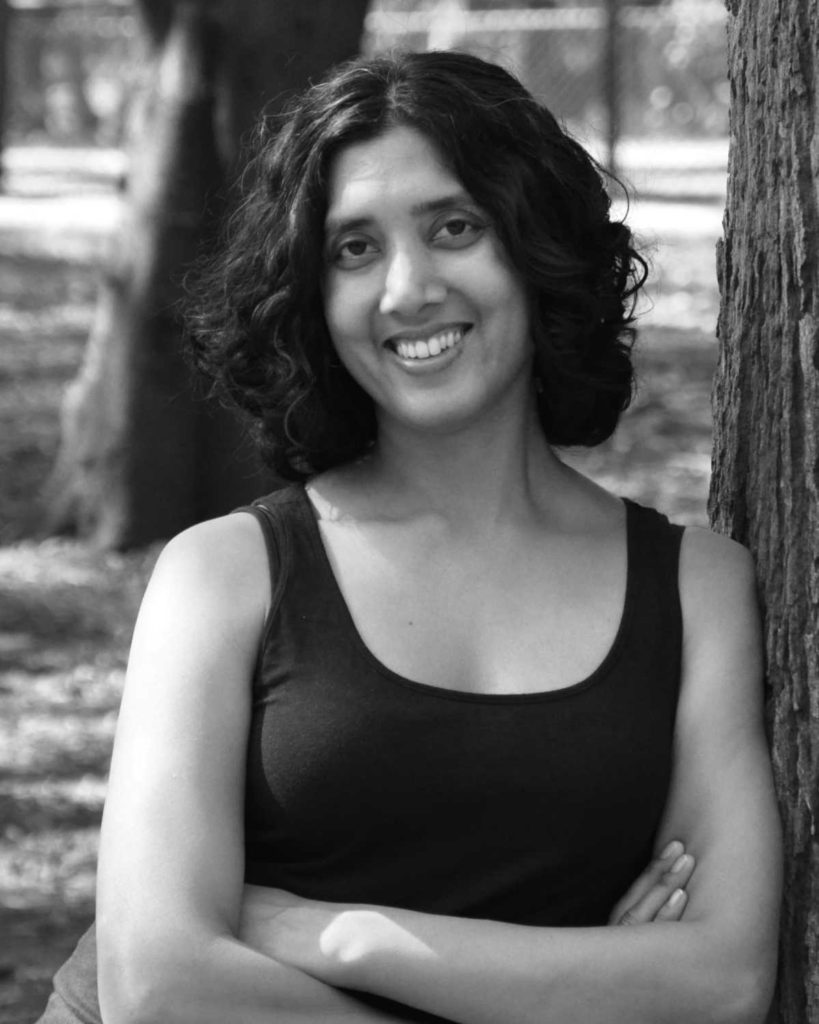The film won the best short film award in the Karnataka competition section of the Bengaluru International Short Film Festival 2020

Set in Kodagu or Coorg, Karnataka, Priya Belliappa’s short film explores the lives of migrant labourers who come from across the country to work on coffee plantations.
A young man from a poor family in Kodagu, Kalappa (Avinash Muddappa) is one of the many educated unemployed Indians vying for just a handful of jobs. Despite having a doctorate, he finds that life in the city is not as lucrative as he had imagined and decides to join the workers on the coffee estates.
He meets Tabu (Geetanjali Thapa), a migrant worker from Assam who has travelled over 2,000 miles from her home to find a means of livelihood in the estates. But her name has not been included in the updated draft of the National Register of Citizens (NRC).
The film was conceptualised by Belliappa when she saw the influx of people travelling from Assam to work on the estates for a couple of months during the coffee season. The lives of the labourers who uproot themselves and their entire family for a few months for work made her curious, and the political and economic issues in the country formed the backdrop against which her story plays out.
Belliappa said, “The film is questioning a lot of things and these are questions that I do not have answers to but they nag me.”
The layered film questions lines and borders that define country, religion, language and caste; lines that become blurred in the struggle of life.
Speaking about how much of the film was shaped by the debates around the NRC and Citizenship Amendment Act (CAA), she said, “The film was shot before the NRC and CAA became a national debate. It was not a topic that everyone really knew about. If you look at the larger picture [in the film], it’s about belonging…I also put in the idea that boundaries and borders are imaginary lines for states or districts, and you sit back and you think about questions of humanity.”
The character of the young man too is a reflection of the status of youth in the country, who are increasingly finding themselves with a bagful of degrees but no jobs and was shaped by a newspaper article that reported that people who with a PhD degree were standing in line for a peon’s job. The filmmaker wondered, “It really hit me hard because everything grows up thinking that if they get a certain education, they are guaranteed a certain job…but we look at what is the education system today where you cannot assure somebody who has done a PhD a job…Everybody needs a certain income to survive, but if it [education] cannot guarantee you a job, what is it that one needs?”
The short film format allowed the filmmaker to delve into certain spaces with greater creative freedom and she said, “The reason that I made this into a short film was that I did not want to be bogged down by the commercial aspects of it. When you make a feature film, you need to think much more about economic aspects like what is going to happen to the film, how are you going to get the money back…So I chose to go with a short as it would give me a certain creative freedom to explore this subject in the way that I wanted using the silences and the spaces that I create. In a short film, you can use your creative freedom with a lot fewer restrictions as opposed to a feature.”
The film won the Best Short Film Award in the Karnataka competition section of the Bengaluru International Short Film Festival (BISFF) 2020. Responding to the recognition that the film has received the filmmaker said, “As a creative person, I want there to be a conversation [about this] and I hope that it reaches as many people as possible…if somebody thinks about this [the film], it’s good enough for me.”
She added, “The world over, there is a conversation about migrants moving, working…and we need to address it.”
Belliappa is planning to develop Frayed Lines into a feature.
source: http://www.cinestaan.com / Cinestaan / Home> Interview / by Sukhpreet Kahlon / New Delhi – October 08th, 2020

